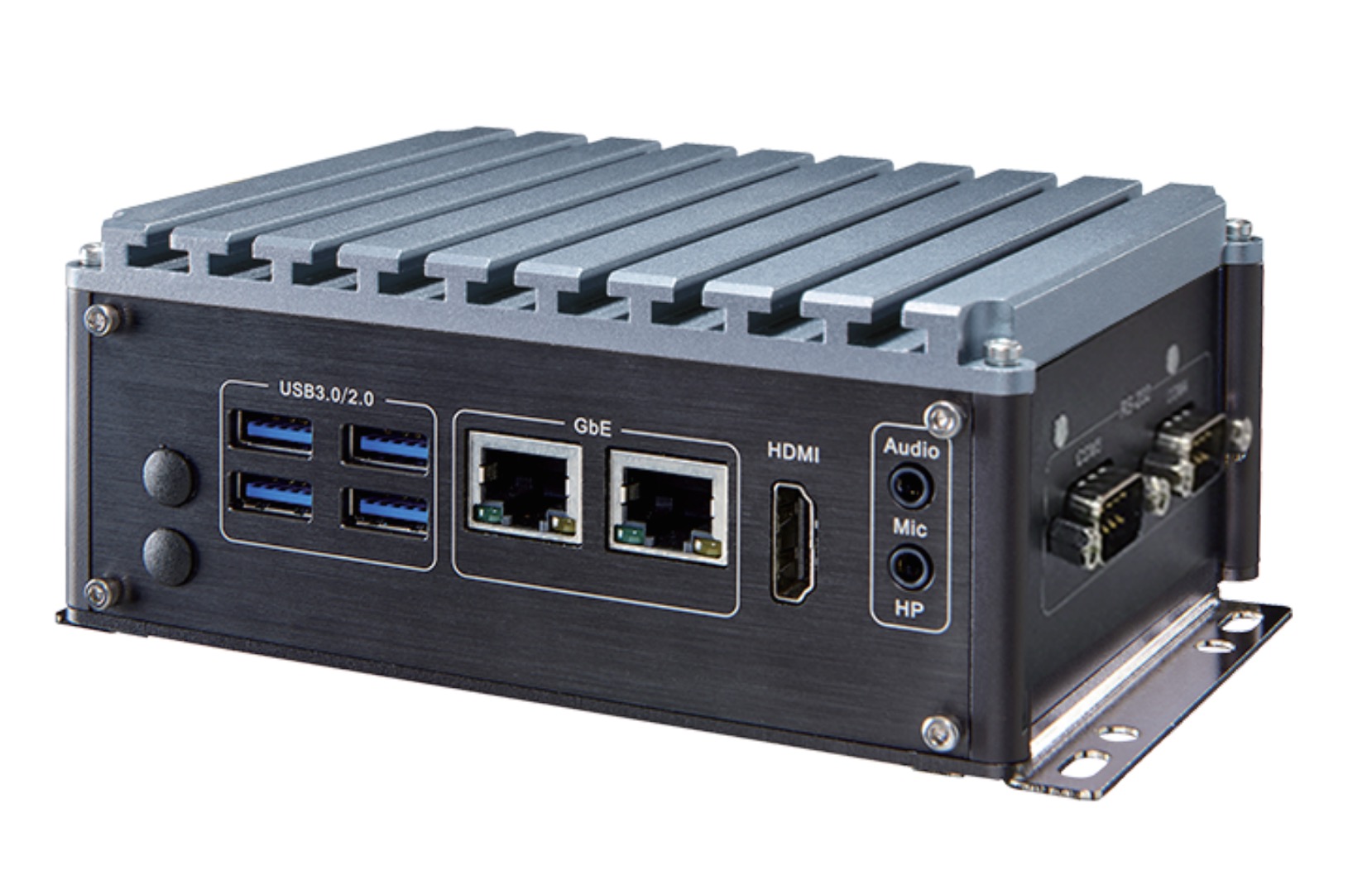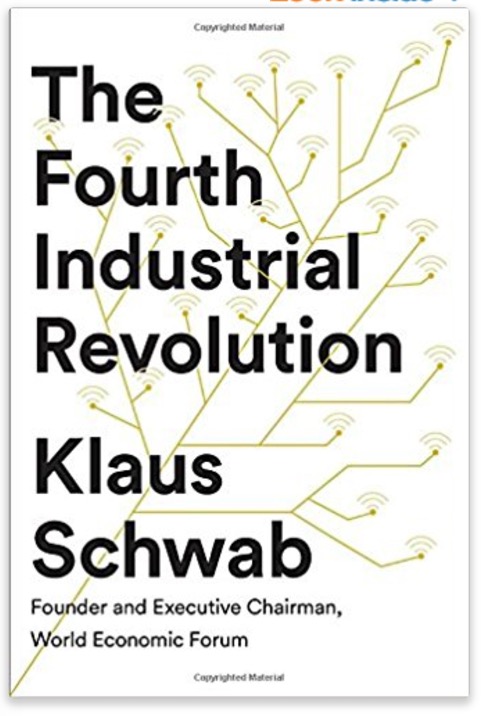Recent Posts
Ultra-Compact Industrial PC With 3rd Generation Intel Bay Trail platform
Posted by on
 The SmartAIO U7-300 series computers by EFCO are based on Intel Atom processors and Qseven CPU modules. This series of compact computers is designed for maximum network interoperability, offering gateway connectivity for Industrial Internet of Things (IIoT)-ready automation applications.
The SmartAIO U7-300 series computers by EFCO are based on Intel Atom processors and Qseven CPU modules. This series of compact computers is designed for maximum network interoperability, offering gateway connectivity for Industrial Internet of Things (IIoT)-ready automation applications.
The extended application-specific interface support includes two Gigabit Ethernet ports, four USB ports (two USB 3.0 and two USB 2.0), an HDMI connection, two RS-232 ports, two RS-232/422/485 ports, 8-bit Isolation GPI, 8-bit Isolation GPO, and audio.
The latest industrial PCs from EFCO also are equipped with slots for half- and full-size PCI Express mini cards that can be used to support wireless functionality such as 3G/4G LTE and Bluetooth. Optional operating systems including Microsoft Windows 8/Windows 8 embedded, Windows 7/Windows 7 Embedded Compact, or Linux are available.
Features
- Rich I/O design:
1 x full length mini-PCIe + USIM
1 x half length mini-PCIe
1 x mSATA, 1 x SATA
8-bit isolation GPI, 8-bit isolation GPO
2 x GbE
4 x USB 3.0, 4 x UART - Wide Range DC Voltage Input: 9V~32V
- 3rd Gen. Intel® Atom™ Processor, Celeron® Processor Bay Trail platform
- Dimension: 138 x 100 x 57mm ( 5.43”x 3.93”x 2.24”)
Author Klaus Schwab argues that this revolution is different in scale, scope and complexity from any that have come before. Characterized by a range of new technologies that are fusing the physical, digital and biological worlds, the developments are affecting all disciplines, economies, industries and governments, and even challenging ideas about what it means to be human.
Artificial intelligence is already all around us, from supercomputers, drones and virtual assistants to 3D printing, DNA sequencing, smart thermostats, wearable sensors and microchips smaller than a grain of sand. But this is just the beginning: nanomaterials 200 times stronger than steel and a million times thinner than a strand of hair and the first transplant of a 3D printed liver are already in development. Imagine “smart factories” in which global systems of manufacturing are coordinated virtually, or implantable mobile phones made of biosynthetic materials.
The fourth industrial revolution, says Schwab, is more significant, and its ramifications more profound, than in any prior period of human history.
He outlines the key technologies driving this revolution and discusses the major impacts expected on government, business, civil society and individuals. Schwab also offers bold ideas on how to harness these changes and shape a better future—one in which technology empowers people rather than replaces them; progress serves society rather than disrupts it; and in which innovators respect moral and ethical boundaries rather than cross them. We all have the opportunity to contribute to developing new frameworks that advance progress.
 Loading... Please wait...
Loading... Please wait...

